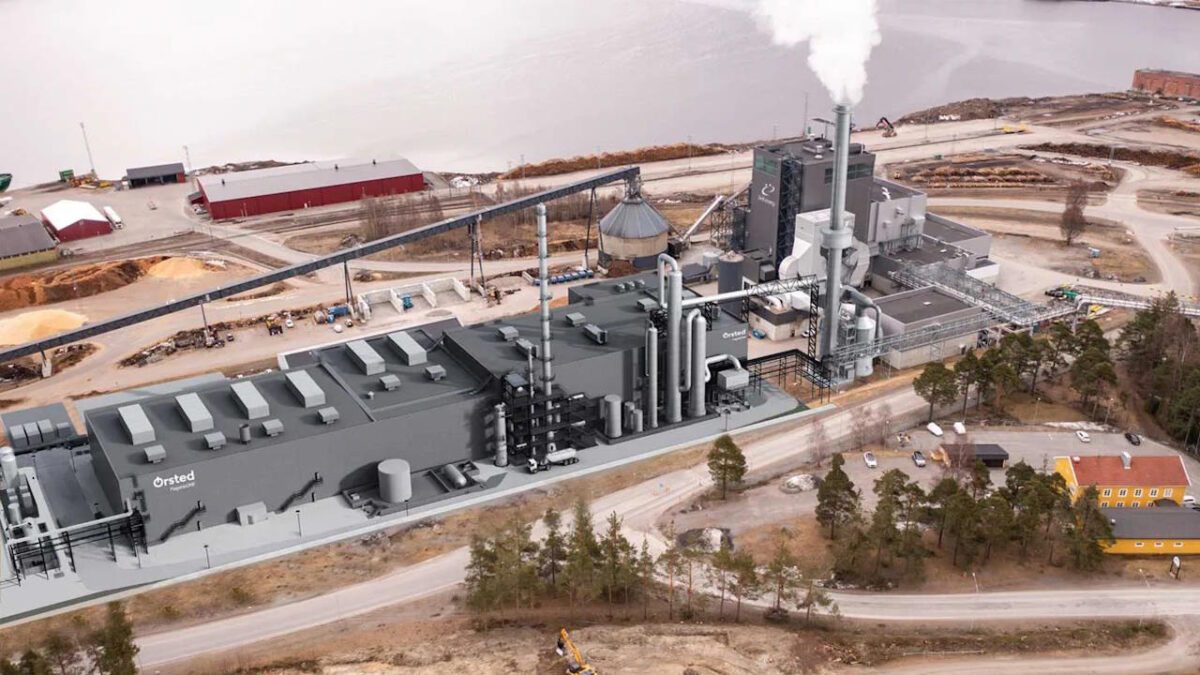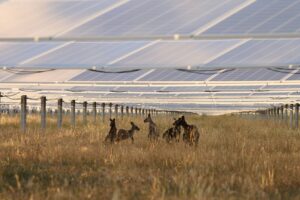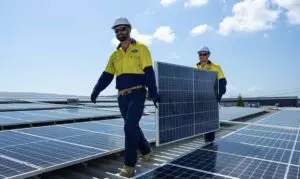Danish offshore wind energy giant Ørsted has scrapped development of its pioneering FlagshipOne eMethanol project, because of slower-than-expected industrialisation of the technology and lacklustre demand.
It will instead refocus on green hydrogen, will lead to cancellation fess of $US44 million and impairments of $US220 million.
Ørsted, a Danish energy giant that has transitioned into one of the world’s leading renewable energy developers and operators, acquired the FlagshipOne green electrofuel plant in late-2022 from co-owner Liquid Wind.
Since then, Ørsted has sought to mature development of the project and the accompanying technology in an effort to develop a fuel to help decarbonise global shipping.
In its interim report for the first half of 2024, Ørsted explained that it had acquired the project “aware of the substantial uncertainties and risk associated with the development of a pioneering and immature liquid e-fuel project and market” but nevertheless considered the acquisition “a strategic choice to take a leading position in shaping the industry.”
However, even as Ørsted maintains its belief in the “long-term market for e-fuels” it has nevertheless “taken the strategic decision to cease execution of FlagshipOne and de-prioritise our immediate efforts within the liquid e-fuel market.”
“The liquid e-fuel market in Europe is developing slower than expected, and we have taken the strategic decision to de-prioritise our efforts within the market and cease the development of FlagshipOne,” said Mads Nipper, group president and CEO of Ørsted.
“The business case has deteriorated during maturation due to the inability to sign long-term offtake contracts at sustainable pricing and significantly higher project costs.”
FlagshipOne would have seen the production of green hydrogen by a 70MW electrolyser to produce up to 55,000 metric tonnes of eMethanol per year. Ørsted will now refocus its attention on green hydrogen – hydrogen via electrolysis powered by renewable electricity.








